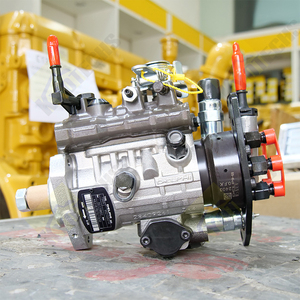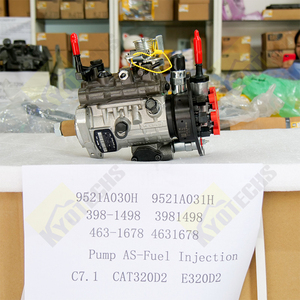Introduction to Engine Octane
Engine octane is a crucial aspect of automotive fuel, influencing vehicle performance, efficiency, and emissions. Octane rating measures a fuel's ability to resist knocking during combustion, which is essential for maintaining your engine's longevity. Higher octane fuels are designed for high-performance vehicles, whereas lower octane fuels may suffice for standard engines. Understanding octane ratings and their implications can greatly enhance your driving experience and engine health.
Types of Engine Octane Ratings
- Research Octane Number (RON): This is the standard measurement for assessing fuel's resistance to knocking under low-speed conditions.
- Motor Octane Number (MON): This rating evaluates fuel performance under high-speed conditions, reflecting its resistance to pre-ignition.
- Anti-Knock Index (AKI): This is the average of RON and MON, providing a more comprehensive understanding of fuel's performance in everyday driving scenarios.
- Premium Octane Fuels: Fuels with higher octane ratings (typically 91 or 93) designed for high-performance or luxury vehicles to optimize engine power.
- Regular Octane Fuels: Fuels with lower rating (usually 87) suited to standard vehicles, which may not require high resistance to knocking.
Applications of Engine Octane
- High-Performance Vehicles: Engine octane is essential for sports cars and high-end vehicles, enabling superior power output and engine efficiency.
- Vintage and Classic Cars: Older engines often require specific octane ratings to prevent knocking and ensure smooth operation.
- Small Engines: Equipment like lawnmowers, chainsaws, and other small engines benefit from the right octane to prevent damage and boosts performance.
- Racing Fuels: Specialized fuels designed for competitive racing offer extremely high octane ratings for maximal performance under intense conditions.
Advantages of Using the Correct Engine Octane
- Improved Engine Performance: Correct octane levels ensure optimal combustion, leading to enhanced engine output and acceleration.
- Increased Fuel Efficiency: Using the appropriate octane can result in better mileage, as the engine works more effectively with the right fuel.
- Reduced Emissions: Higher octane fuels can lead to cleaner combustion, contributing to lower emissions and compliance with environmental regulations.
- Enhanced Engine Longevity: By preventing knocking and pre-ignition, the right octane level can prolong the life of your vehicle's engine, reducing repair costs in the long term.













































































































































































































































 浙公网安备 33010002000092号
浙公网安备 33010002000092号 浙B2-20120091-4
浙B2-20120091-4